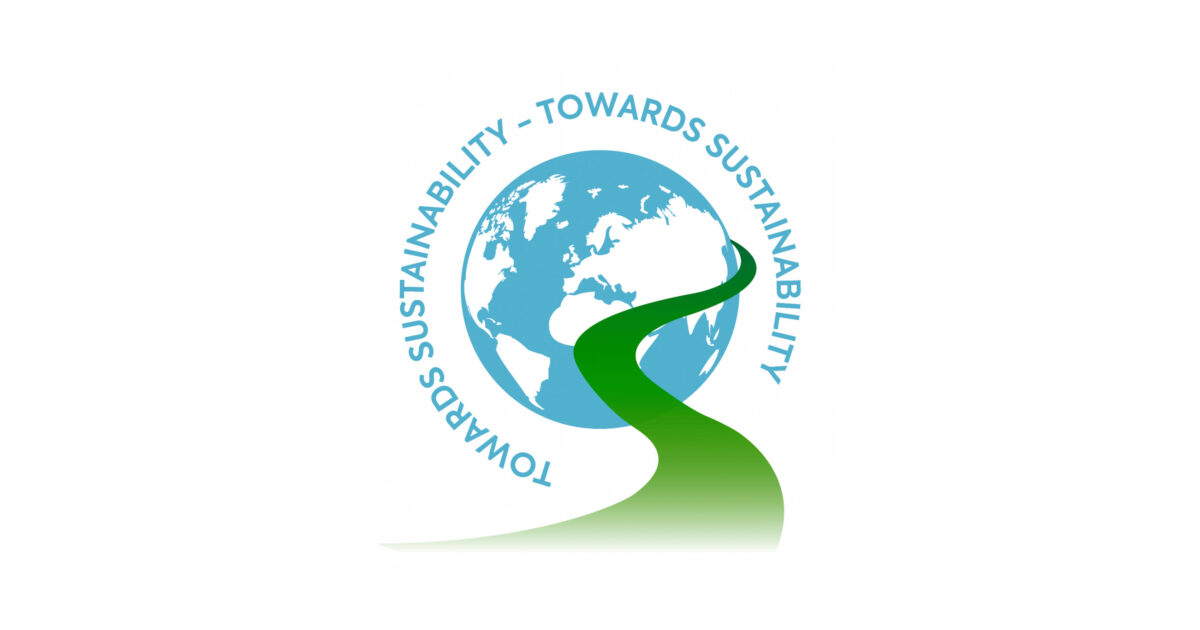Since January 1 of this year, the conditions for obtaining the Towards Sustainability label have become stricter. Forum Ethibel has acted as an independent verifier since the label's establishment in 2019.
Three quarters of the products are commercialised on the Belgian market, making Towards Sustainability the most comprehensive labeling initiative for sustainable financial products.
“For a label such as the Towards Sustainability Label, it is crucial to have a consistent and thorough verification process,” says Sophie Brassinne, operational manager at Forum Ethibel. “The credibility of the initiative depends on it. That is why we carry out annual verifications of the sustainability policy as an independent verification consortium, composed with the University of Antwerp and ICHEC. We check the portfolio composition. We visit the label holders on site at regular intervals to audit their processes. In addition, there is permanent monitoring to detect risks of infringements between verifications. The strength of our verification consortium is that we combine 30 years of professional experience in the field of sustainable finance at Forum Ethibel with the academic knowledge of our partners from ICHEC and UA."
The label's criteria are reviewed every two years. After a review in 2021, even stricter rules will be applied from January 2024. The energy sector in particular is increasingly in focus. Energy companies included in funds pursuing the label may not be involved in the exploration, exploitation or development of new oil or gas fields. Involvement in the construction of new coal-fired power stations is also prohibited. Furthermore, the managers must explain any exposures to companies on the Coal Exit List and the Global Oil & Gas Exit List. These two lists are drawn up by the German NGO Urgewald and contain companies in the fossil fuel sector that do not have an exit strategy.
